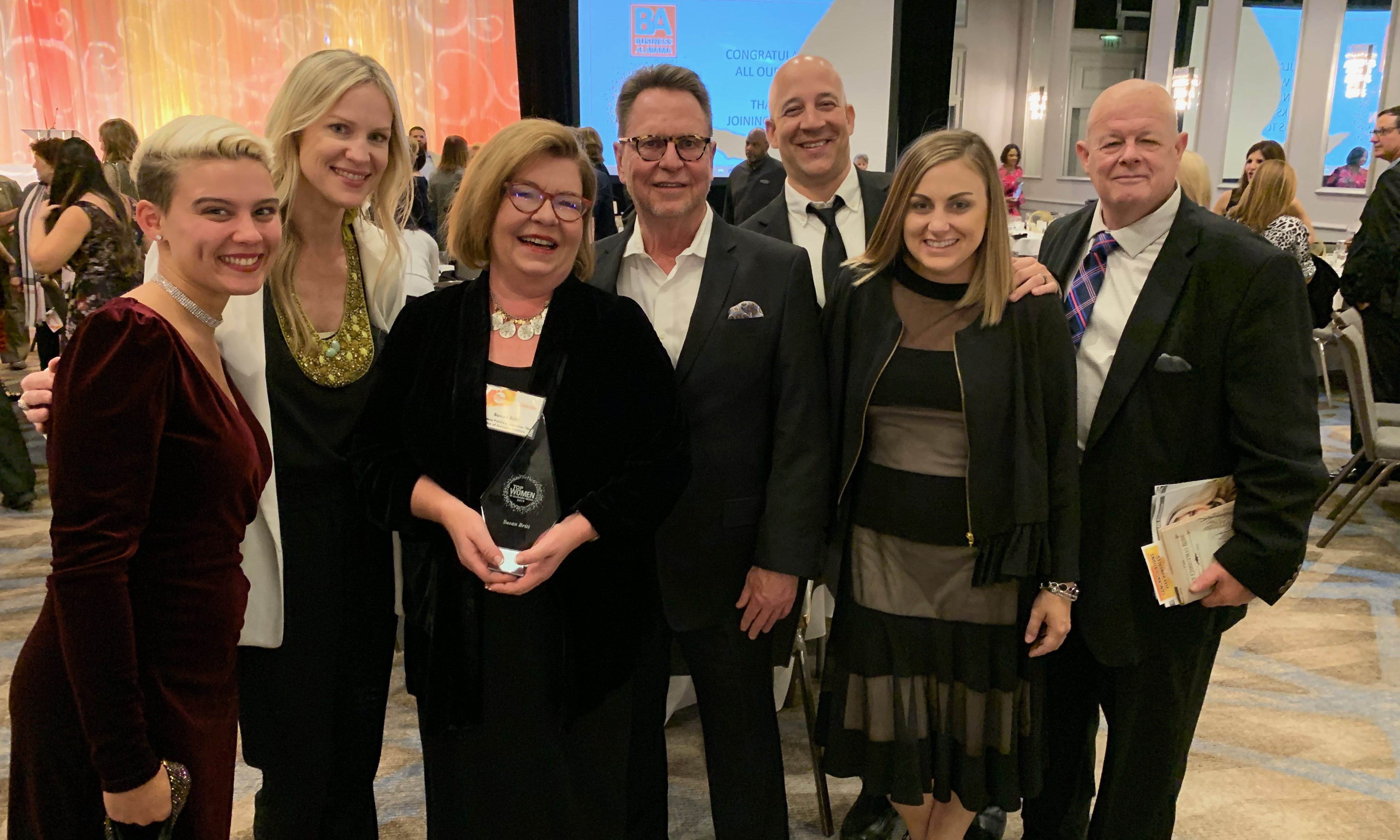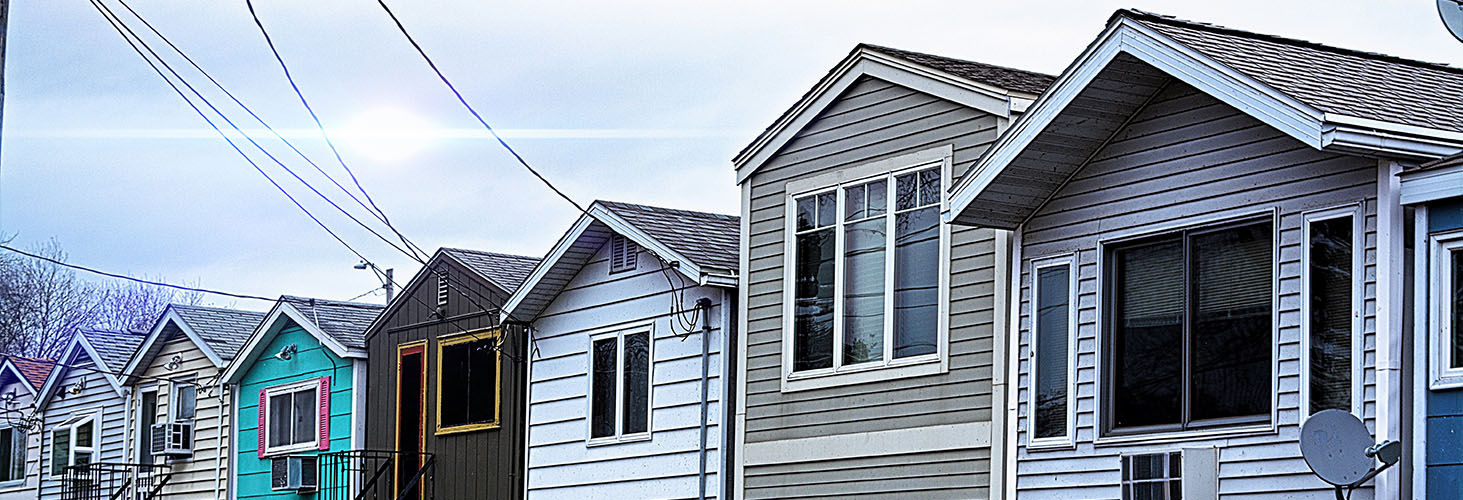By Susan Britt
Alabama Political Reporter
Many Internet sites such as Wikipedia, Reddit, Craig’s List and BoingBoing are dark today in reaction to legislation in Washington, DC, regarding what appears to be a growing divide between the entertainment industry and Web companies including Google and Facebook. While many sites that are protesting will continue to remain functional WordPress is offering a widget so that those sites can display a banner ad showing their support.
Two bills and a draft text for legislation are the culprits. All three are designed to attempt to limit copyright infringement by rogue websites mainly outside the U.S.
However, many are concerned that if not more well-defined they could limit the use of sites like Facebook and Twitter in regards to copyrighted material such as music and photos.
While all three have the same goal, they are vastly different and many think this could endanger the way the internet works, some even go so far as to say that two of these bills, if enacted, could “break the internet.”
The PROTECT IP Act (Preventing Real Online Threats to Economic Creativity and Theft of Intellectual Property Act of 2011) (PIPA), also known as Senate Bill 968; The Stop Online Piracy Act (SOPA), also known as House Bill 3261; and The Online Protection and Enforcement of Digital Trade Act (OPEN Act) all originated from failed COICA (Combating Online Infringement and Counterfeits Act of 2010).
While PIPA is a revision of the failed 2010 COICA. SOPA is a revision of PIPA addressing some of the technological concerns, where OPEN Act is a reaction by the technology companies to both others.
PIPA an SOPA propose to use domain blocking to enforce copyright laws. Domain Name Systems (DNS) transfer information requested by the user and uses a number to reference the computer containing that information (IP Address). By design, all domain name servers are identical worldwide. If the U.S. begins blocking and filtering certain domain names they will no longer be identical resulting in possibly fracturing the entire structure of the internet.
In reaction, PIPA bill author Senator Patrick Leahy (D-VT) and SOPA author Representative Lamar Smith (R-TX) have agreed to remove the strict DNS-filtering provisions.
The entertainment industry is supporting PIPA and SOPA while internet and computer companies support OPEN Act.
PIPA is heavily backed by National Cable & Telecommunications Association, the Independent Film & Television Alliance, the National Association of Theatre Owners, the Motion Picture Association of America, the Directors Guild of America, the American Federation of Musicians, the American Federation of Television and Radio Artists, the International Alliance of Theatrical Stage Employees, the Screen Actors Guild, International Brotherhood of Teamsters, Nashville Songwriters Association International, Songwriters Guild of America, Viacom, Institute for Policy Innovation, Macmillan Publishers, Acushnet Company, Recording Industry Association of America, Copyright Alliance and NBCUniversal.
Supporter of SOPA include the Motion Picture Association of America, the Recording Industry Association of America, Macmillan US, Viacom, and various other companies and unions in the cable, movie, and music industries. They also include trademark-dependent companies such as Nike, L’Oréal, and Acushnet Company.
OPEN Act is being pushed forward by Google, Facebook, the Consumer Electronics Association as well as the Computer and Communications Industry Association.
All three proposals are designed to stop transfers of money to foreign websites whose primary purpose is piracy or counterfeiting but SOPA and PIPA take it further by seeking to require Internet providers and search engines to redirect users away from these sites. Any sites containing hyperlinks to the identified sites must delete them or any reference to them or face possible liability and prosecution.
Any site found to “stream” copyrighted content more than ten times in six months could face a maximum penalty of five years in prison. Penalties for selling counterfeit drugs, military materials or consumer goods will also be increased. Although, Internet services dedicated to taking action against these websites will be immune.
Software is already available for search engines to redirect users around a “seized” domain name as is currently in use by Mozilla’s Firefox. Also, although the domain name for a site would be useless, any user that has already obtained the IP Address for a site can directly access that site even if it has been blocked by filters.
As written, SOPA and PIPA would be administrated by the United States Justice Department, where OPEN Act would come under the responsibility of the United States International Trade Commission.
One of the biggest concerns of SOPA and PIPA is that because they would be governed by the U.S. Justice Department websites considered politically undesirable could potentially become targets of this legislation due to its broad definitions. Currently, China’s government is using similar legislation to do just that. Called the Green Wall of China their law enables government to police sites deemed politically objectionable.
The federal government has been ineffective in enforcing copyright laws overseas prior to the Internet.
The Congressional Budget Office estimates PIPA’s cost at $47 million to cover expenses of enforcement, hiring and training of 22 new special agents and salaries of support staff through 2016.
SOPA would allow the U.S. Department of Justice to seek court orders against offending websites outside the U.S. In order to enforce the law, the U.S. Attorney General could require U.S. service providers, ad networks and payment processors to suspend doing business with sites found to infringe on federal laws regarding criminal intellectual property laws.
Many are concerned that the definition of an “offending” site is not clear enough in any of the bills making it open to a wide variety of interpretations both now and in the future. Also, it could potentially criminalize Internet activities that are currently permitted under law.

















































